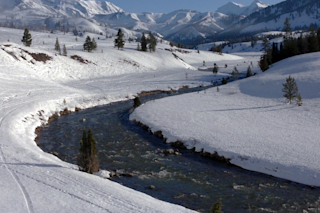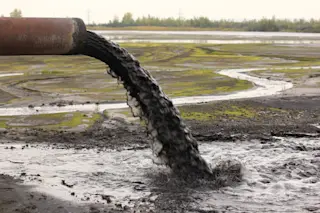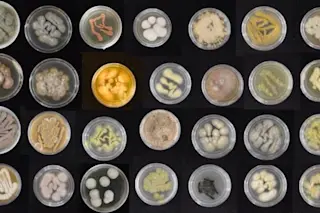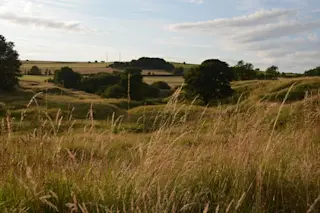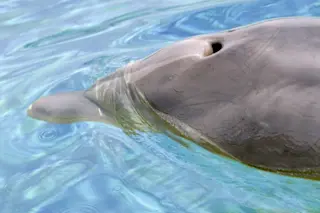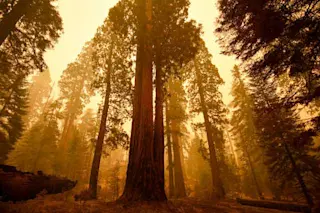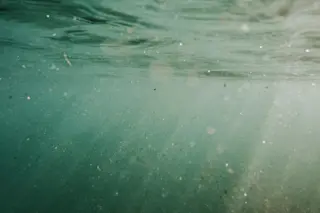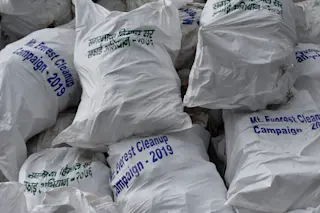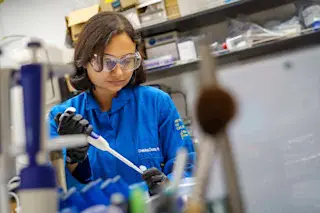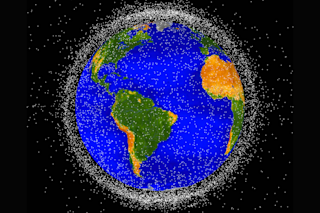Microbes may be tiny, but their influence on the world is huge: they imbue Yellowstone's hot springs with vibrant color, help protect the lining in our intestines, and recycle nutrients in the soil. They can even break down oil — from right inside it, as it turns out. Researchers found this by studying microbial communities in water samples from Trinidad and Tobago's Pitch Lake, the world's largest natural asphalt lake (less prettily, a tar pit). They found active microbes in water droplets as small as a microliter, or about 1/50th of a drop of water, suspended in the oil. Much to their surprise, the scientists also discovered "microhabitats," complex assemblages of microbial species, degrading oil in the lake's asphalt. "We saw a huge diversity of bacteria and archaea," says Dirk Schulze-Makuch of Washington State University, a co-author of the study. "That's why we speak of an 'ecosystem,' because we have ...
Oil-Dwelling Microbes Offer New Hope for Spill Cleanup
Explore how microbial communities in water samples can thrive in oil, revealing potential for oil spill clean-ups and life on other planets.
More on Discover
Stay Curious
SubscribeTo The Magazine
Save up to 40% off the cover price when you subscribe to Discover magazine.
Subscribe


